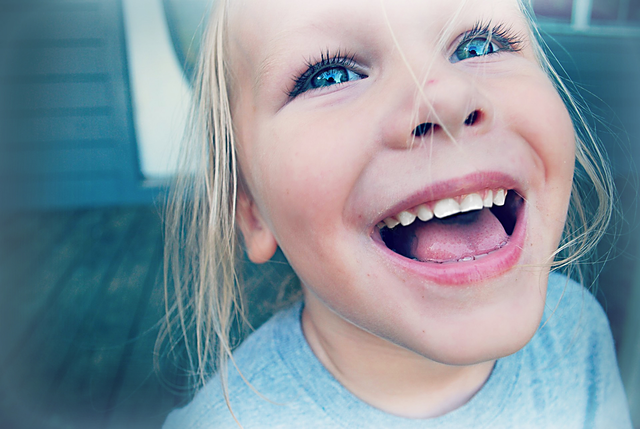
Why Do Toddlers Grind Their Teeth?
How to stop your toddlers grinding their teeth.
Discovering that your toddler has developed a habit of grinding their teeth, a phenomenon known as bruxism in the medical community, can be a disconcerting experience for parents. Statistics indicate that approximately 1/6 to 1/3 of children may engage in teeth grinding at some point. Naturally, this raises concerns and prompts parents to seek insights into the causes of this behavior and potential interventions. While the exact reasons behind bruxism in toddlers are not entirely clear, there are consistent factors that are believed to contribute to this habit.
- Teething
- Permanent Teeth
- Anxiety and Stress
- Side Effects
Teething
Teething is often the initial trigger for teeth grinding in toddlers. Typically beginning around 5 to 6 months, as babies start growing their first set of teeth, the grinding may initially go unnoticed, as the teeth rub against the gums without generating much noise. This phase is likely an exploratory stage for the baby, getting accustomed to the sensation of having teeth in their mouth. Importantly, baby bruxism tends to resolve on its own.
Teeth grinding often starts to appear again when a child begins to lose her baby teeth and the permanent teeth are starting to arrive. As new teeth emerge, the sensations in the child’s mouth start to change and she will often begin to grind her teeth in response to her teeth and her bite changing. Usually, most children will stop grinding their teeth once they have a full set of permanent teeth.
Anxiety and stress
Observations often reveal that children tend to grind their teeth at night, particularly during periods of heightened stress or anxiety. This coping mechanism may manifest in response to stressful life events such as starting school, experiencing a family divorce, coping with a bereavement, or undergoing a significant move.
Side Effects
Research suggests a potential link between bruxism and the enlargement of tonsils and adenoids in the back of a child’s mouth. This enlargement, along with other upper airway obstructions, could contribute to sleep apnea—a condition where breathing is interrupted during sleep. Sleep apnea poses risks, including disrupted sleep, hindering growth, and depriving the brain of oxygen. Effective measures, such as the removal of adenoids and tonsils, have shown success in reducing bruxism and mitigating instances of sleep apnea.
While bruxism often resolves naturally, it can lead to complications like headaches and dental issues in older children. Establishing a consistent and relaxing bedtime routine is one approach to reduce stress and, consequently, teeth grinding. Activities such as providing a massage, a soothing bath, or engaging in calming activities like reading a book or playing soft music can contribute to a more peaceful sleep environment for the child. Consultation with a dentist at Desert Ridge Dental can help to assess the frequency of teeth grinding, potential damage to the teeth, and explore further recommendations. Even if the resolution is to wait for the habit to subside, the peace of mind gained from a professional opinion is invaluable. Understanding the various triggers for teeth grinding and implementing appropriate measures can contribute to the overall well-being of your child.
